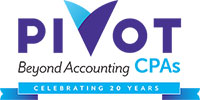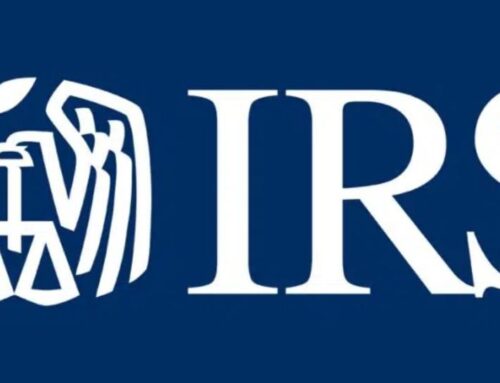Summary

Private companies and not-for-profit entities can give “reasonable estimates” for corporate tax reporting, according to FASB.
The recently-enacted Tax Cuts and Jobs Act (P.L. 115-97) made widespread changes to the Internal Revenue Code, but has left some reporting entities and companies scrambling. To help clear things up, the Securities and Exchange Commission (SEC) issued Staff Accounting Bulletin (SAB) No. 118, interpreting Financial Accounting Standards Board (FASB) Accounting Standards Codification (“ASC”) Topic 740, Income Taxes, with regards to the new legislation.
The FASB is the authority on financial accounting and reporting standards for public and private companies, as well as non-profits.
The Bottom Line
If a company doesn’t have the information needed to evaluate, compute, and prepare accounting entries to report the effect(s) of the Act by the time financial statements are required to be filed, they are permitted to report reasonable estimates for those effects in their financial statements for the reporting period in which the law was enacted.
The bulletin also details that if a company or reporting agency doesn’t have enough information to calculate a reasonable estimate, they should continue to apply Topic 740 based on the provisions of the tax laws that were in effect before the new law was enacted.
The FASB recently posted a Q&A stating the staff would not object to private companies and not-for-profit entities applying SAB 118 on the application of Topic 740 in the reporting period that includes the date on which the 2017 Tax Cuts and Jobs Act was signed into law. Historically even though the SEC staff’s views and interpretations aren’t directly applicable, private companies and not-for-profit entities have chosen to apply the guidance in the SABs.
For more information or if you have questions about this issue, please contact your Pivot CPA.


